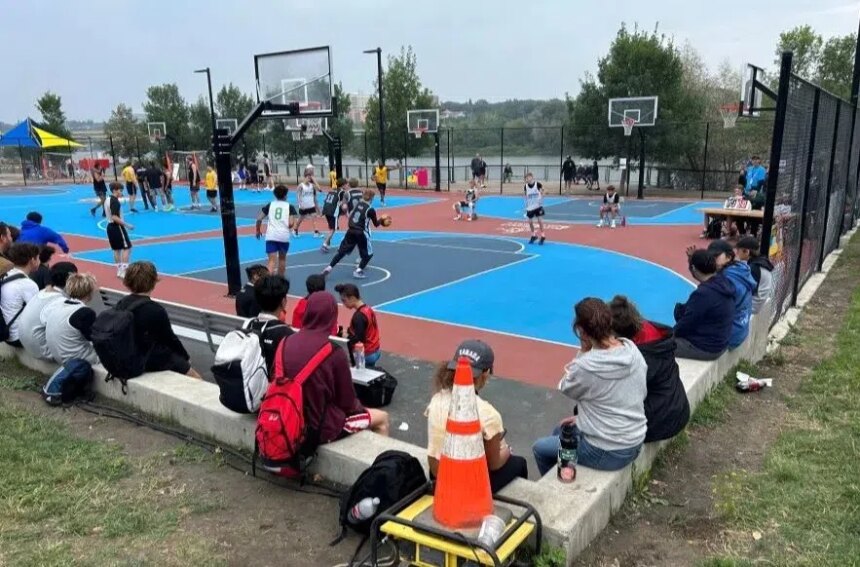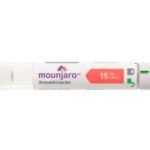The summer sun beats down on Saskatoon’s downtown core as Keegan Thompson, 16, balances precariously on his skateboard. With a swift kick, he launches himself over a makeshift barrier, landing with a satisfying thud on the temporary skate park erected near the river.
“This is where I belong,” says Thompson, wiping sweat from his brow. “The YXE Games bring everyone together. It doesn’t matter if you’re a pro or just starting out.”
Thompson is just one of hundreds of participants gearing up for the YXE Urban Games, returning to Saskatoon July 26-28, 2025. The event, now in its fourth year, has transformed from a modest skateboarding competition into a citywide celebration of urban culture, sport, and community pride.
The games will feature an expanded roster of competitions including skateboarding, BMX, parkour, street basketball, and breaking—the street dance style recently featured in the Olympics. Event organizers expect more than 15,000 attendees throughout the weekend, a substantial jump from last year’s 11,000.
“We’ve created something special here,” explains Jenna Myles, founder and director of the YXE Urban Games. “These aren’t just sporting events. They’re a platform for youth expression, cultural exchange, and community building.”
What sets the YXE Games apart from traditional sporting tournaments is its deliberate blending of athletics with arts and culture. Between competitions, attendees can explore live mural painting, DJ workshops, and pop-up markets featuring local designers and artisans.
According to Tourism Saskatoon, last year’s event generated approximately $3.2 million in economic activity for the city. Local businesses reported significant upticks in foot traffic during the three-day festival.
“It’s become one of our signature summer events,” says Charlie Hurd, spokesperson for Tourism Saskatoon. “Visitors are coming from across the prairie provinces and beyond. We’re seeing registration from as far as Vancouver and Montreal this year.”
City councillor Delia Reeves, who initially questioned dedicating public space to the games in 2022, has become one of its strongest advocates. “These young athletes show us what’s possible when we invest in spaces for creativity and sport,” she told me during a tour of the riverside venue preparations.
The games have also found support from an unlikely source—parents. Melissa Kwan brings her two children every year. “It gives them heroes who aren’t just on screens,” she explains, watching her daughter attempt a trick on a borrowed skateboard. “They see real people doing amazing things, and suddenly they believe they can too.”
Funding for the 2025 games includes $150,000 from the City of Saskatoon, $75,000 from the provincial government, and over $200,000 from corporate sponsors. That’s a substantial increase from the $85,000 total budget during its inaugural year.
Saskatchewan Premier Scott Wells has announced he’ll attend the opening ceremonies, highlighting the event’s growing provincial significance. “The YXE Games represent the vibrant, forward-thinking Saskatchewan we’re building,” his office stated in a press release last week.
The growth hasn’t come without challenges. Some downtown businesses initially complained about street closures and noise. Event organizers responded by creating a business advisory committee and implementing a local vendor priority program.
“We had our doubts at first,” admits Fernando Garcia, owner of Prairie Slice Pizzeria. “But now we plan our biggest weekend of the year around it. We hired five extra staff just for the games.”
Behind the scenes, a team of 30 staff and over 200 volunteers work year-round to coordinate the expanding festival. Many are former participants who’ve aged out of competition but remain connected to the community.
“I competed in the first games when I was 17,” says volunteer coordinator Aisha Williams, now 21. “Now I’m helping train the next generation of organizers. This isn’t just an event—it’s become part of Saskatoon’s identity.”
The 2025 games will introduce several new elements, including an expanded accessibility program with adaptive sport demonstrations and sensory-friendly viewing areas. A partnership with Saskatoon Tribal Council will feature Indigenous athletes and cultural programming throughout the weekend.
Recent data from the city’s recreation department shows participation in skateboarding and BMX has increased 34% since the games began. Three new neighborhood skate parks have opened in the past two years, with two more scheduled for completion in 2026.
“The impact goes well beyond the weekend,” says recreation director Simon Chen. “We’re seeing year-round engagement with these sports, particularly in neighborhoods that previously had limited recreational options.”
Registration for competitors opens next month, with early bird rates available until March. Organizers expect slots to fill quickly, especially in the junior divisions which reached capacity within 48 hours last year.
For Thompson, who’s been practicing his routines since January, the games represent more than just a chance to show off his skills. “When I’m here, I’m part of something bigger,” he says, eyes fixed on the temporary ramps being constructed. “It’s like the whole city is cheering us on.”
As the sun sets over the South Saskatchewan River, volunteers continue preparing the venue. Their shadows stretch long across the pavement—a fitting metaphor for an event that has extended its reach far beyond what anyone expected from a small urban sports competition born just a few years ago.






